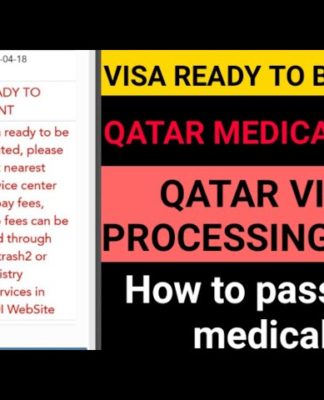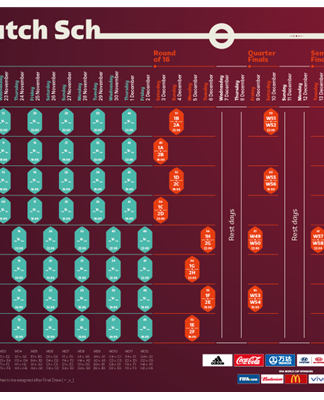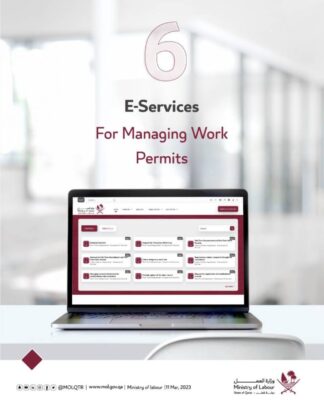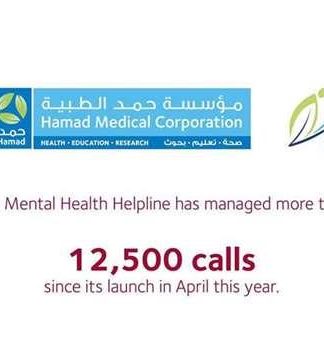
[ifurlparam param=”report”]
Thank you for interest. You can see the webinar here:
[/ifurlparam]
Students come to Hult to make a change, and for many that means getting a job in a new country. Hundreds of students succeed in finding employment abroad every year, 68% of our MBAs in 2015 found jobs in a new country. And these students all have something in common: they worked hard to make their dream a reality.
Finding employment in a different country, especially in popular destinations like the U.S. and Europe, requires hard work, careful planning, and flexibility. And many of Hult’s students who do this are rewarded —75% of our international MBA students who studied in the U.S. last year found employment there after graduation.
Eduardo Sousa, a Hult alumni from Brazil, said:
“I always wanted to work in the U.S., specifically in Boston – my Hult MBA helped me achieve my goal by developing my knowledge of the local market while building my network.”
Getting a job abroad isn’t easy, and simply attending any business school in your target destination is not a guarantee you will get a job there. Here are 7 strategies we’ve seen work the best for our students who found jobs in their target country:
- Prioritize the change that’s most important to you
Some students come to Hult wanting to change their industry or work function as well as their location. If you want to maximize your chances of success, pick the change you want most and focus all your efforts on that.
If location really is the most important thing to you, be prepared to stay in your old industry or function until you’ve established yourself in your new country. You are much more likely to get visa sponsorship if you have experience in the industry or role you’re applying for as your employer is taking less of a risk if you have a proven track record.
- Start your job-search early
Securing a job can take six months or more. Beating the odds means starting your job hunt as soon as possible so you’ve got time to get in front of the right employer.
Students who succeed start their job search early and arrive to school with a polished resume that’s properly-formatted and written in impeccable English, or the language of their target country. Their LinkedIn profiles lay out their professional experiences simply and clearly, highlighting their key skills. And their accompanying profile picture is appropriately professional. Hult’s Career Fast Track starts working with accepted students before they arrive in class in September. So students can arrive on campus with these tools already in place and can start job searching and networking on day one.
- Target less competitive cities
Students often have ambitions not just to secure a job in a particular country but in a particular city. Well-known cities like New York or London for example have a highly competitive job market. You will be competing against the best people from that country, as well as international talent.
Many cities are hungry for international talent. In the U.S. for example cities like Seattle and Austin have strong-growing job markets, are actively seeking international talent, and are considerably less competitive. It’s a similar story in the U.K. in cities like Manchester and in the U.A.E. for cities like Abu Dhabi.
- Target small and medium-sized companies
Many students make the mistake of thinking that the larger the company, the greater the chance of sponsorship. This is not necessarily the case. Multinational corporations are inundated with applications from international jobseekers, many of whom have a similar skill set. Smaller companies are looking for a highly unique talent pool and many are eager to hire multi-lingual international students to support foreign expansion.
Although smaller companies may only hire and sponsor one international student a year—it could be you if you have the skill set they’re looking for. It pays to think differently, avoid the “popular” companies, and connect with the small or medium-sized alternatives that may not recruit on university campuses, but who are looking for exactly the skills you’ve got.
- Leverage your existing network and tirelessly grow a new one
It’s been said countless times before but the fact remains true: it’s not what you know, it’s who you know. Your personal and professional network can yield great opportunities.
We’ve seen students successfully make the transition from their home country to target country by leveraging the contacts they already have at home. Does anyone in the company you used to work for know somebody in your target city? Any connection can help you get your foot in the door and start a conversation.
Hult provides students with frequent networking opportunities, through events like our Global Career Open House, corporate speakers and guests, real-world projects like the Hult Business Challenge, a network of 16,000+ alumni, and through the student body itself. Take full advantage of these opportunities while you’re studying but also seek out ways to network outside the school.
Our campuses’ central locations make Hult an ideal base for connecting with the businesses and professionals in the city and there will be more industry networking events available than you will be able to attend. Get out into the city and get networking. This can be challenging when you have a heavy workload but it’s well worth the effort.
- Position your unique skill set for your target job market
Students who land a foreign job and sponsorship tend to present unique skills that their future employers couldn’t fulfill.
As an example, some of the most in-demand industries in the U.S. are in fields we refer to as “STEM” (Science Technology, Engineering and Manufacturing). Additional examples of in-demand areas are: Android and mobile apps, digital marketing and social media, data analytics, including data visualization, statistics and Google Analytics. Other countries will have their own “most in demand” list.
A critical skill set that is in high demand is language skills, and knowledge of local markets. For example, in Dublin, Ireland, where many technology companies established offices to support sales in Europe, there is an acute demand for multi-lingual graduates for high-growth careers in business development and sales.
At Hult, we work with you one-on-one to help you understand what your unique strengths are and how to position yourself within a competitive global job market.
- Consider alternative entry paths
There are several ways to get a job a in your target country other than to get sponsorship upon graduation. It can mean playing the long game and returning a year or two down the line, but don’t give up if you don’t get a job in the location you want right away.
We’ve seen many students successfully gain employment in their target country by first getting a job with a multinational company in a region where there is high demand, and then transferring to the location they were originally targeting. Some U.S. companies may even hire international candidates and train them in the U.S. during the 12 months they’re on OPT after graduation, before deploying them to work in another region.

Hult’s Vice President of Career Development and Corporate Relations, Katharine Boshkoff, leads our global team of career advisors that help hundreds of students in their international job search every year. Katharine sees these similarities in the profiles of students’ that succeed:
“You can win an international job, plus sponsorship, I see my students succeed every year. Their secret is very simple: they are not average.
They start their job search earlier than their peers, and they find a way to stand out and be unique in a competitive job market. Many choose alternative companies, as opposed to those that are well known, and pursue smaller ones that are hungry for foreign talent.
And finally, they succeed because they know that the job search is a marathon, not a sprint, and they keep going when times get tough, holding tightly to their goals and their prediction of a successful finish.”






























